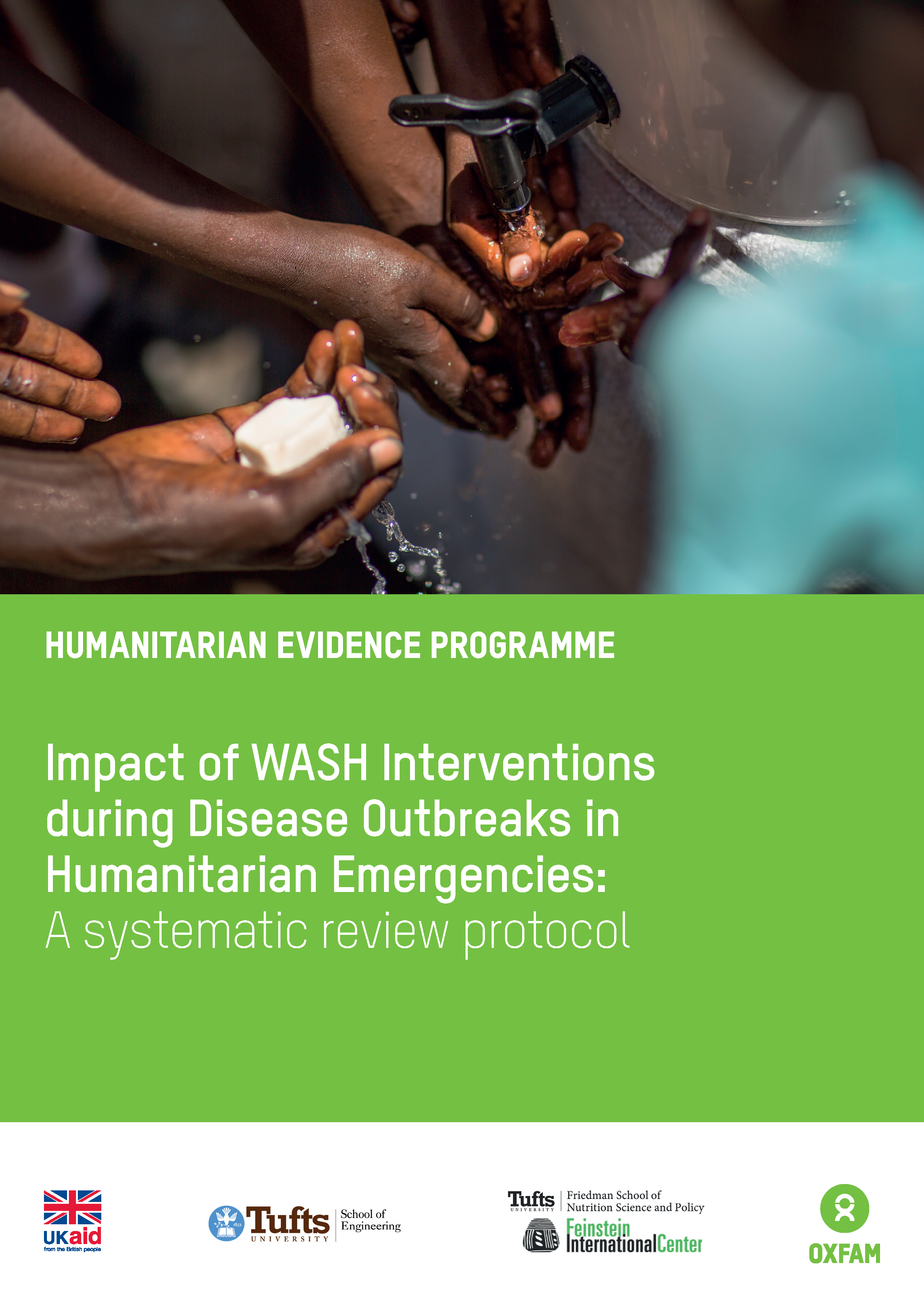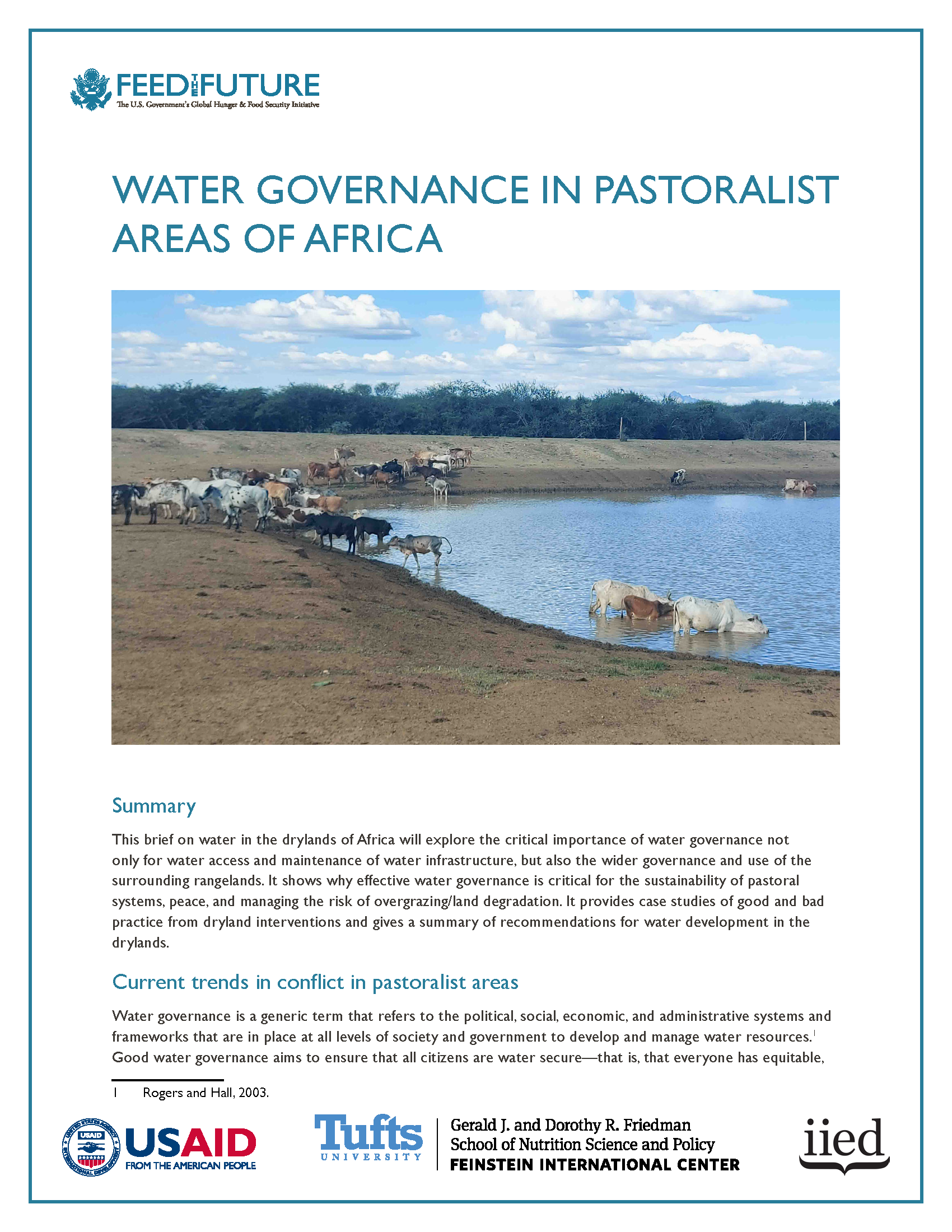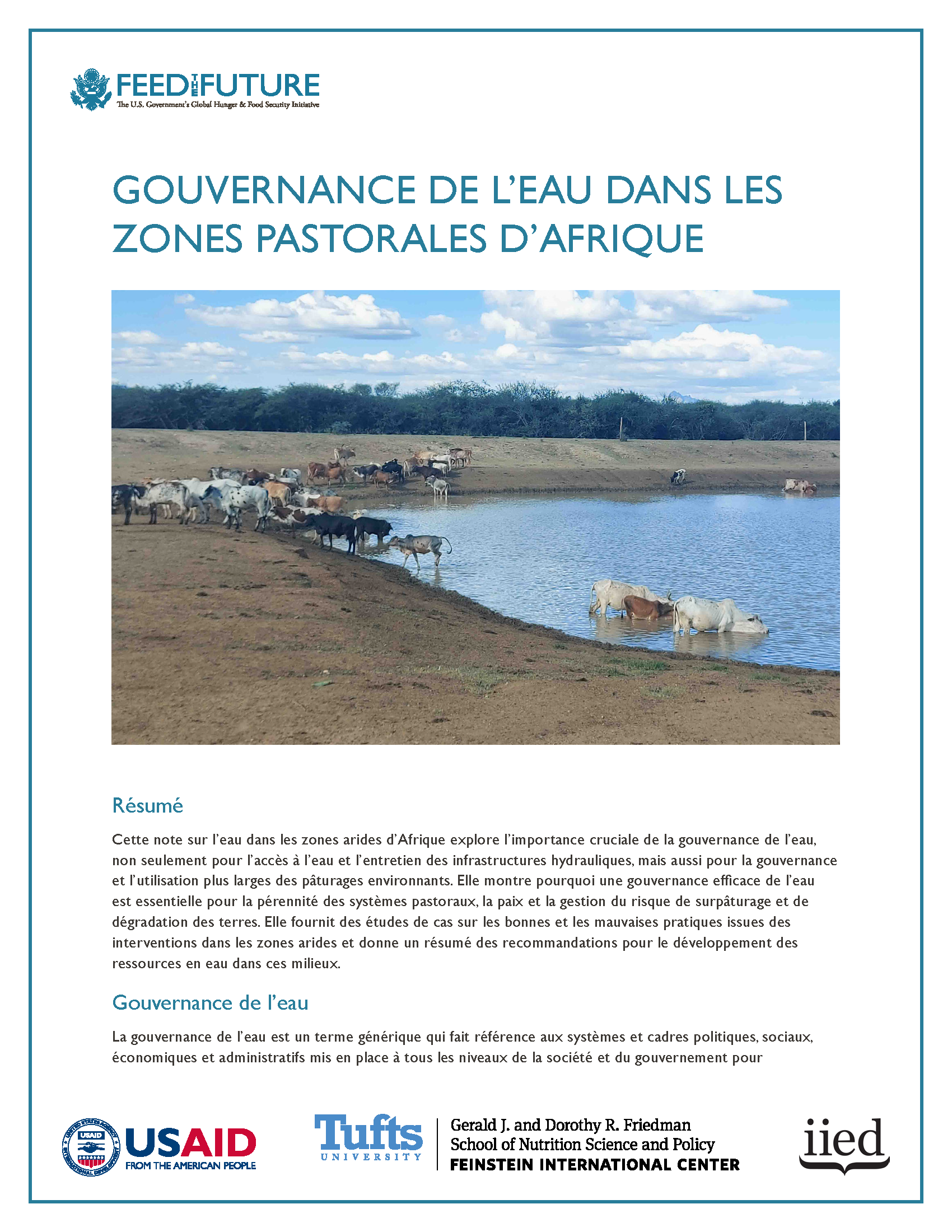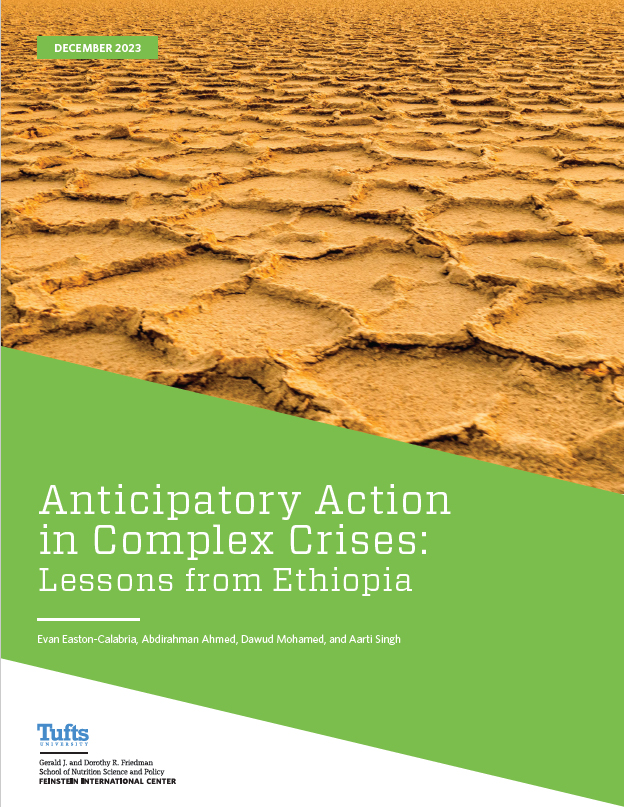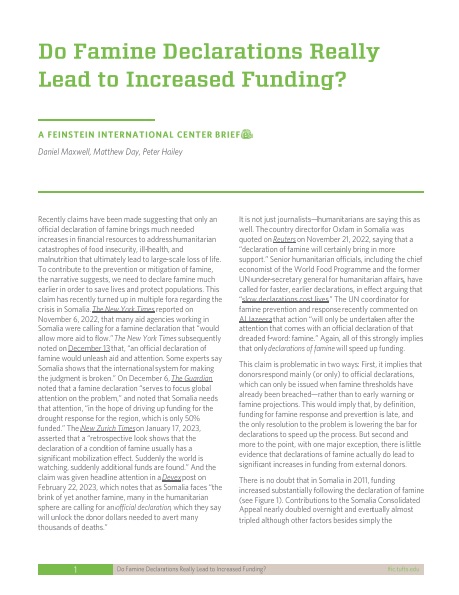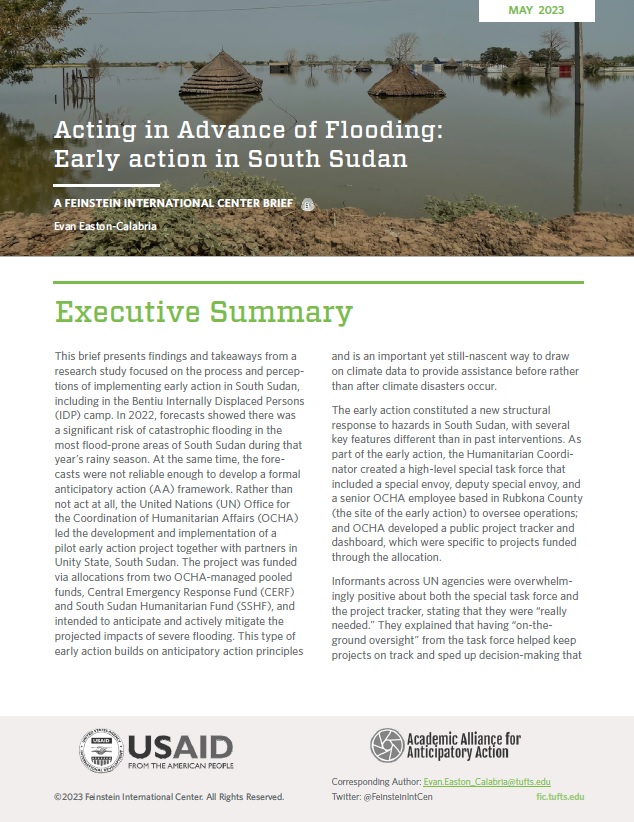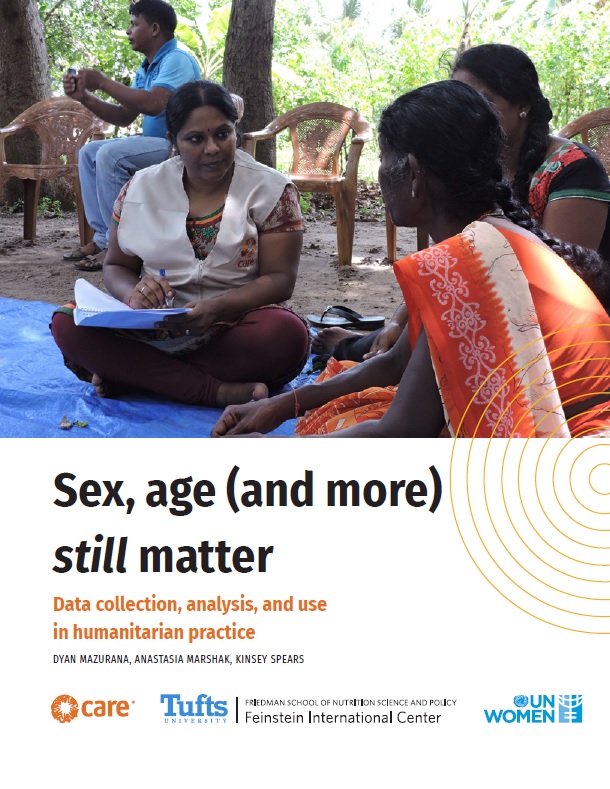This protocol details the methodology for an evidence synthesis on WASH interventions during humanitarian crises. The evidence synthesis asks “What are the outcomes and impacts of WASH interventions during disease outbreaks in humanitarian emergencies in low and middle-income countries (LMICs)?”
Please check back in the summer and fall of 2016 for results of the full review of the evidence.
This protocol is part of the Humanitarian Evidence Program, a DFID-funded partnership between Oxfam and the Feinstein International Center.

